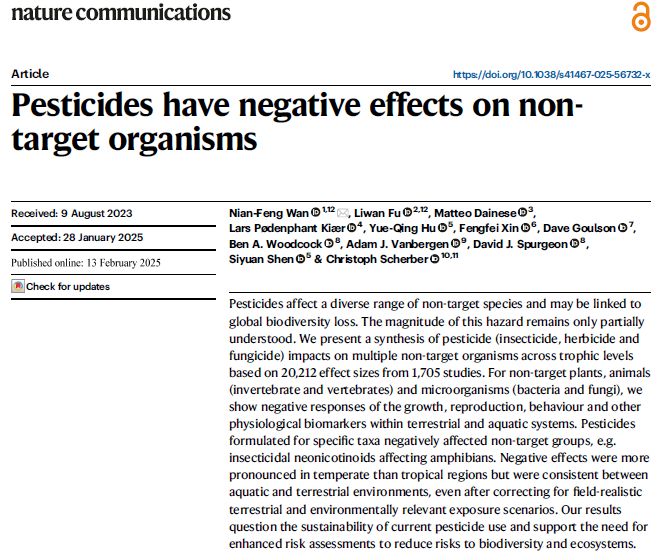Jeroen van der Sluijs
@jeroenvandersluijs.bsky.social
500 followers
540 following
170 posts
Professor, University of Bergen UiB SVT Centre for the study of the Sciences and the Humanities. #post-normal_science #sustainability #actionable_knowledge #uncertainty #precautionary_principle #climate_change_adaptation #insect_decline #pollinator_decline
Posts
Media
Videos
Starter Packs
Reposted by Jeroen van der Sluijs
Reposted by Jeroen van der Sluijs
Reposted by Jeroen van der Sluijs
Reposted by Jeroen van der Sluijs
Reposted by Jeroen van der Sluijs
Reposted by Jeroen van der Sluijs
Reposted by Jeroen van der Sluijs
Reposted by Jeroen van der Sluijs
Reposted by Jeroen van der Sluijs
Reposted by Jeroen van der Sluijs
Reposted by Jeroen van der Sluijs






















